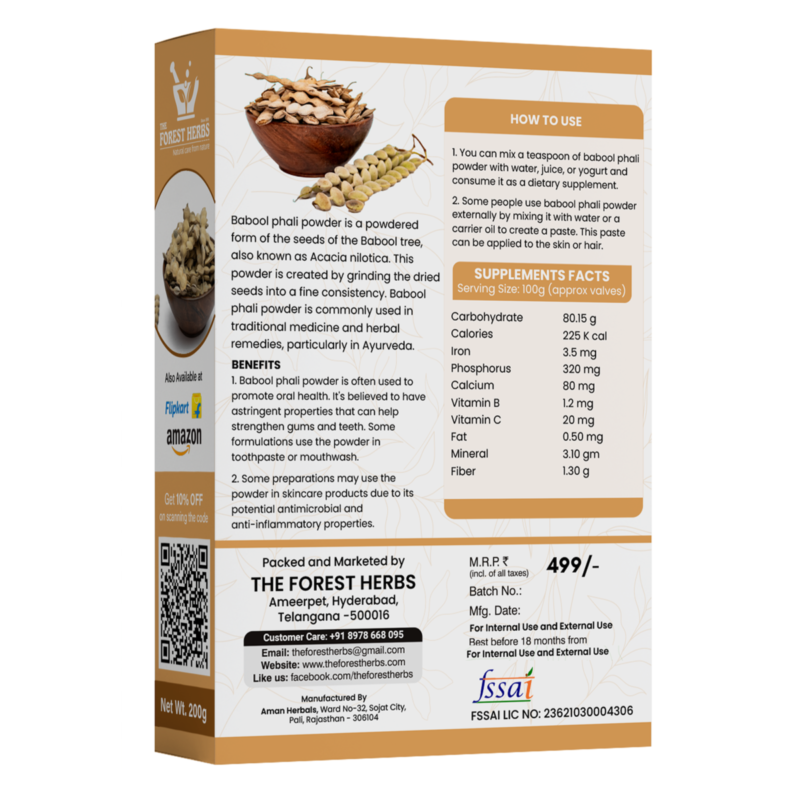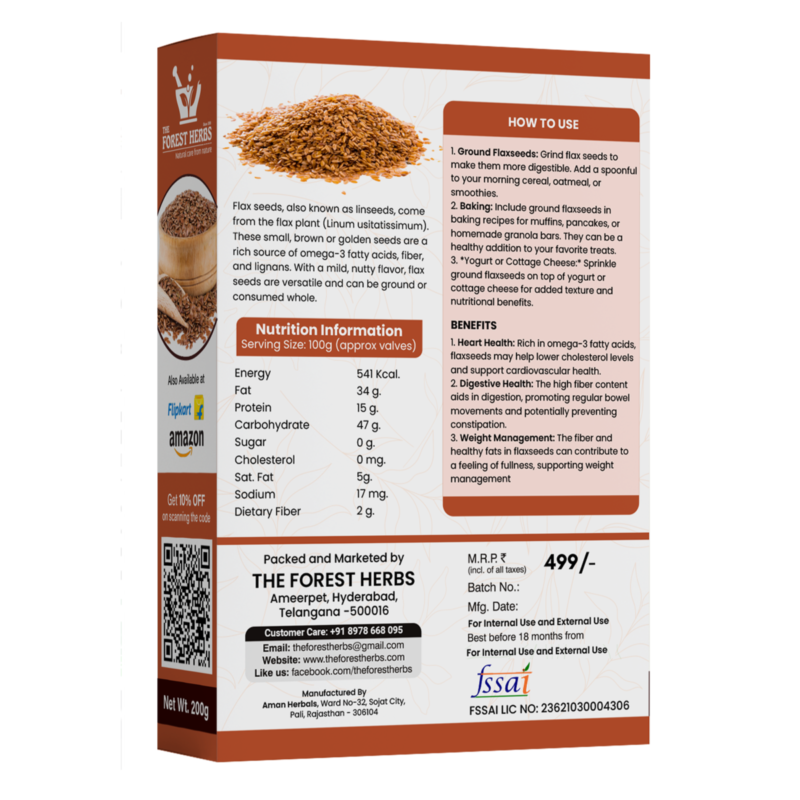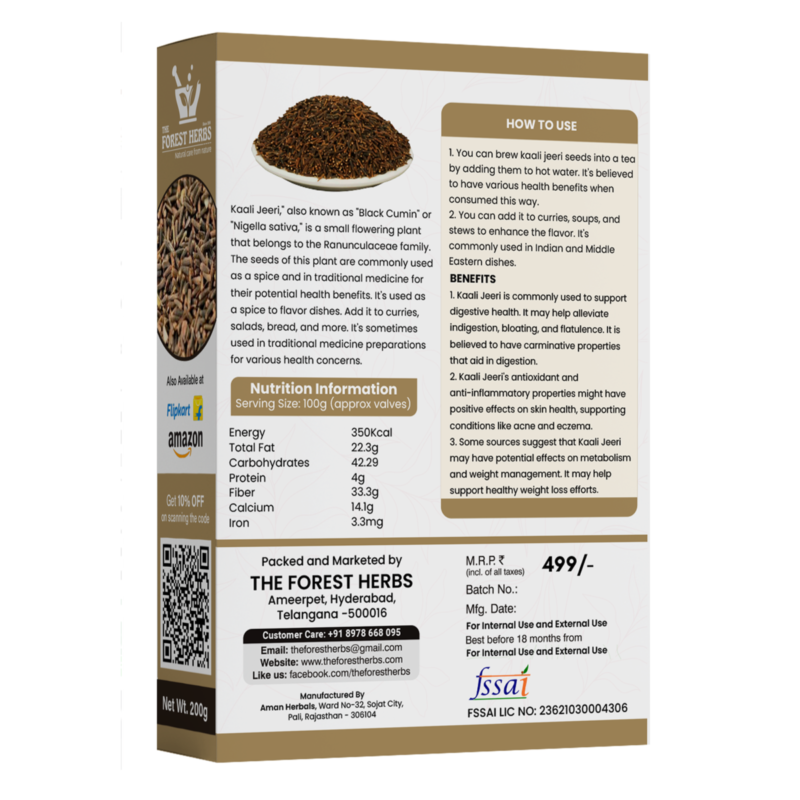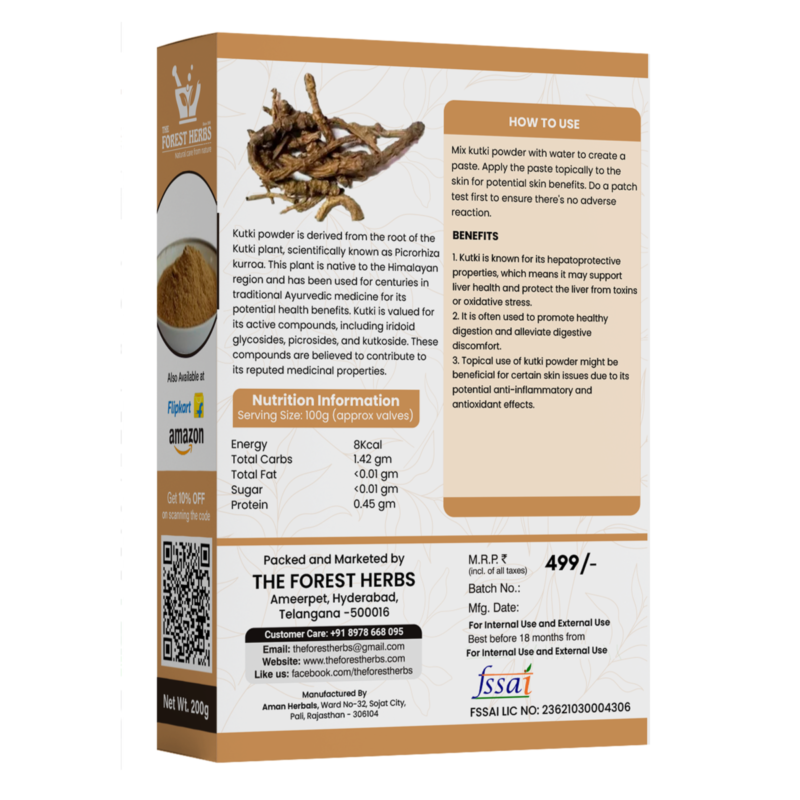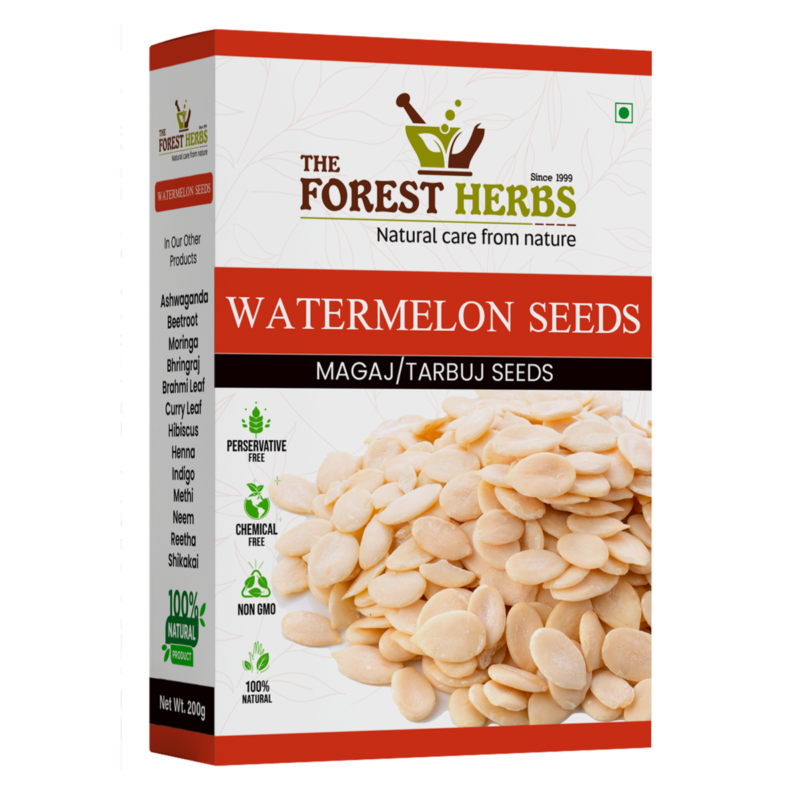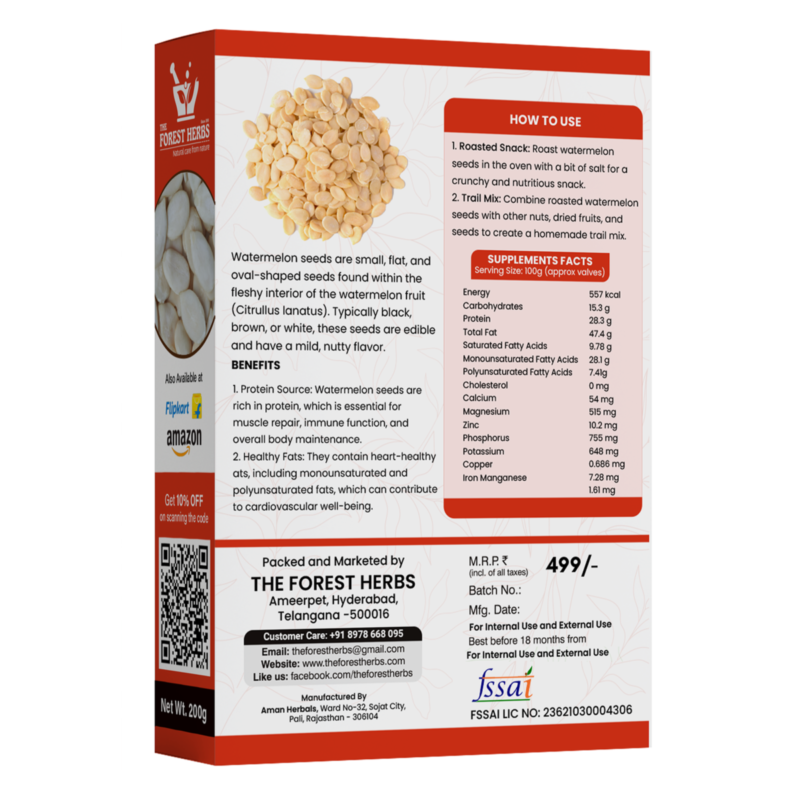Sunflower Seeds
₹399.00
Free Cash On Delivery
THEFORESTHERBS Sunflower Seeds for Eating 250gm – Rich in Protein & Fiber, Healthy Seeds
100% NATURAL
11
People watching this product now!
714
Items sold in last 7 days
RELATED PRODUCTS
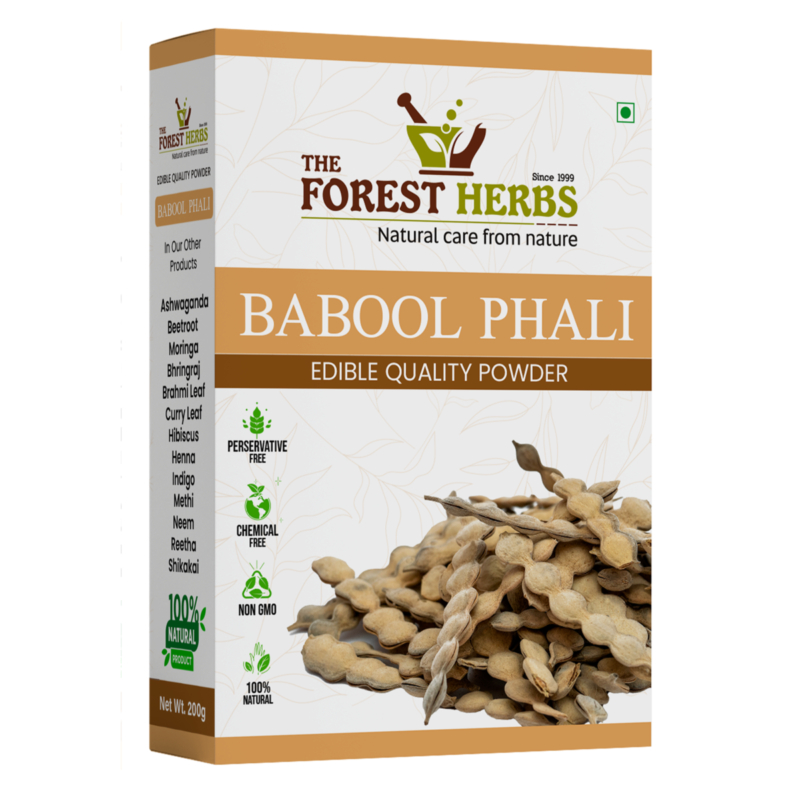
Select options
This product has multiple variants. The options may be chosen on the product page
Babool Phalli
Estimated delivery on 6 - 8 July, 2025
₹499.00
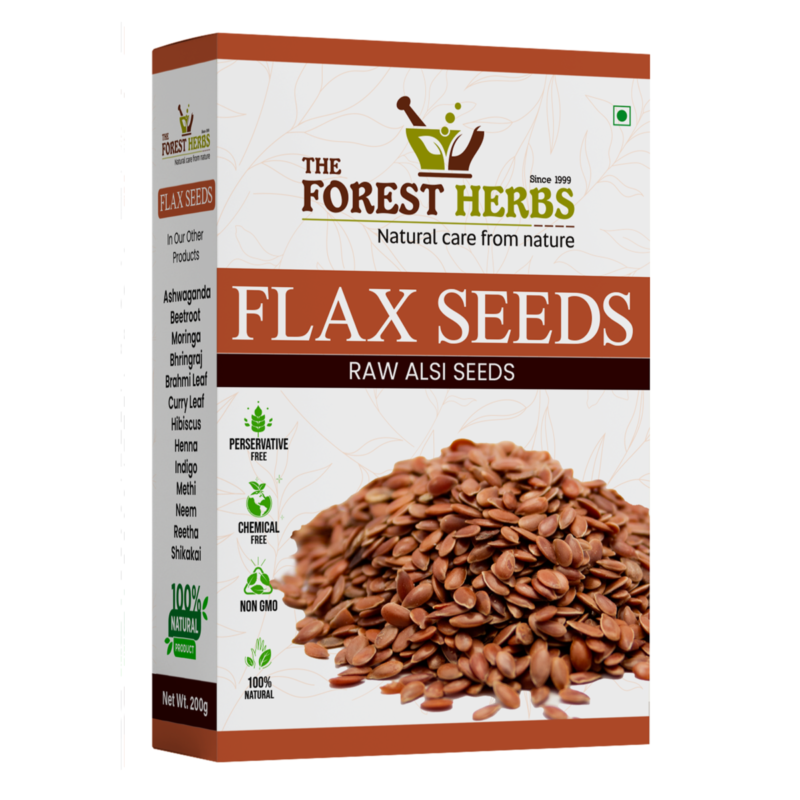
Select options
This product has multiple variants. The options may be chosen on the product page
Flax Seedds
Estimated delivery on 6 - 8 July, 2025
₹399.00
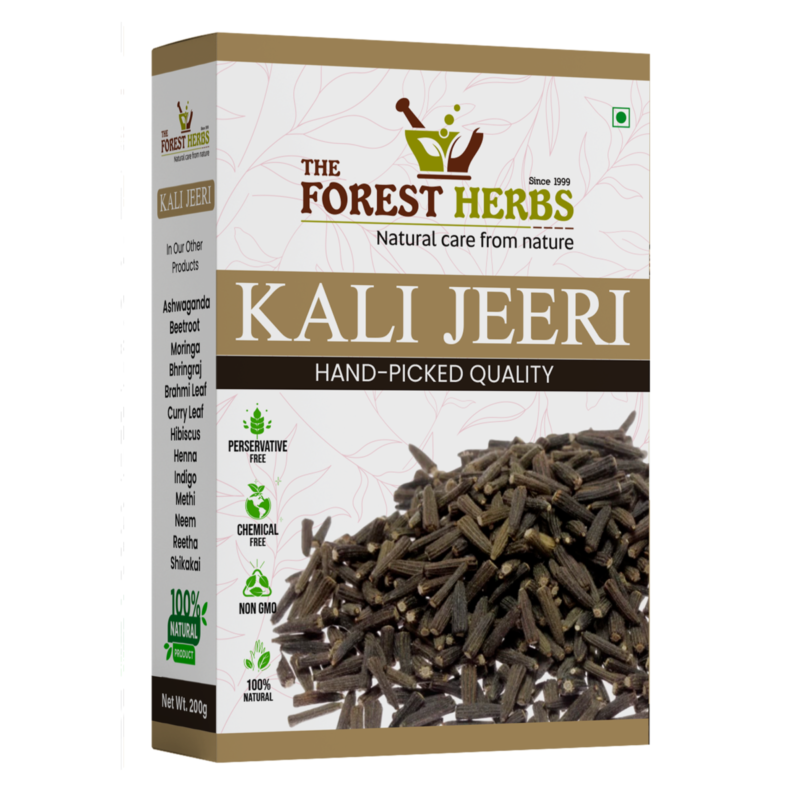
Select options
This product has multiple variants. The options may be chosen on the product page
Kaali Jeeri
Estimated delivery on 6 - 8 July, 2025
₹299.00
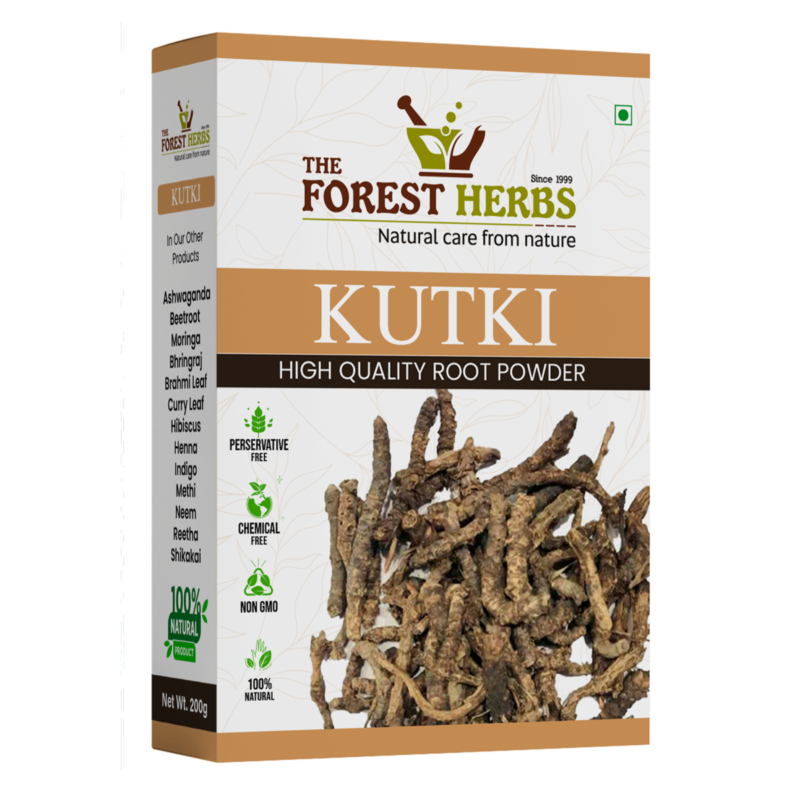
Select options
This product has multiple variants. The options may be chosen on the product page
Kutki Roots
Estimated delivery on 6 - 8 July, 2025
₹599.00



